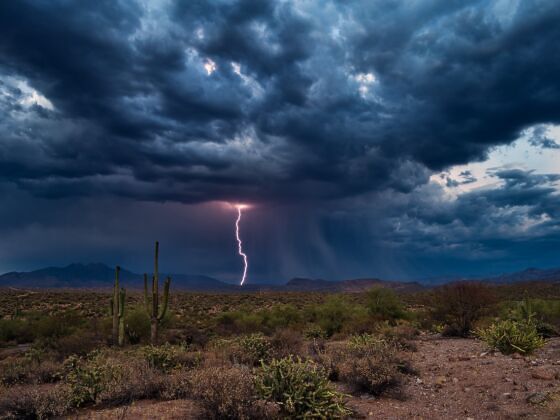I began to see that, when it comes right down to it, we are nothing until that nothing becomes so dedicated that it is like a vessel through which good things can move, an instrument for receiving knowledge and sharing it with others who might be in need.
—Bear Heart, with Molly Larkin
EIGHTEEN YEARS AGO, three trucks drove up the dirt snake of the Moki Dugway. The road rises 1100 feet on a 10% grade. The ascent can take your breath.
